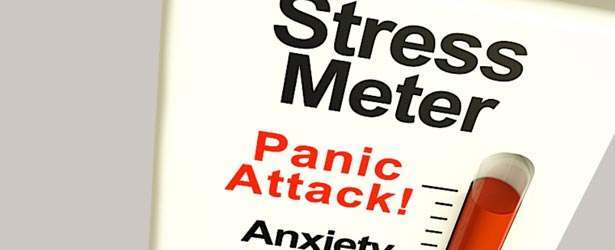Tips To Help Manage Anxiety
A great deal of our ability to cure anxiety and excessive worry comes from our attitude. It’s helpful to have in your pocket, a few coping strategies. This article cites four ways you can start to manage your anxiety.
Assess your Life and Find What Causes your Anxiety
Maybe you are struggling with a difficult period financially or you are anticipating an upcoming crucial business meeting with dread.
A little tension every now and then in our lives can be useful. It can motivate us to budget our financial problems better, or spend more time preparing for that important work event.
 But if your stress is keeping you awake at night, than it’s likely it’s doing more harm than good. Whatever the issue causing your anxiety, you need to acknowledge, address and conquer it before you can move on to more positive thoughts and activities.
But if your stress is keeping you awake at night, than it’s likely it’s doing more harm than good. Whatever the issue causing your anxiety, you need to acknowledge, address and conquer it before you can move on to more positive thoughts and activities.
As soon as you figure out what’s bothering you, you can gain control of the situation and eliminate a large part of the anxiety by devising a concrete plan to tackle the issue.
Breathe
Most people in the throes of an anxiety attack react by holding their breath or by taking rapid, shallow breaths. This causes heart rate, blood pressure, and stress hormone levels to rise, making the anxiety even worse.
Practicing daily relaxing breathing techniques will better prepare you to gain control of your breathing when you’re in the midst of an actual anxiety attack.
Practice by focusing on how you breathe – for several minutes, two to three times each day, take slow, deep breaths. If an anxiety attack does hit, concentrate on your breath in order to slow or even stop the attack before it spins out of control.
Exercise
Exercise is a perfect way to recharge your body and clear your mind. This allows you to focus on your physical activities and spend less time dwelling on your problems.
In addition, exercise increases oxygen and blood flow throughout the body as it releases endorphin’s – the same hormones released during pleasurable moments.
All of this can improve your mood, letting you think through your troubles more logically. It also helps improve your self-esteem and confidence, now that you’re able to overcome your anxiety.
Change your Attitude
A bad attitude can feed your anxiety by causing you to dwell only on the worst possible outcomes or scenarios. When you turn your negative outlook into a positive one, it makes it easier for you to overcome your worry. Channel your energy by figuring out how to conquer your anxiety, rather than obsessing over the problem.
Anxiety can be a positive thing. It can force you to focus on being your best in a stressful situation. However, too much of a good thing can be bad. Excessive anxiety interferes with your normal daily functions, your relationships, and your ability to sleep.
When working on how to overcome your anxiety, remember to practice these four simple steps:
- Identify the cause
- Breathe to relax and clear your mind
- Exercise regularly
- Keep a positive attitude
Do these steps and you will be on the road to curing your anxiety.

 Subscribe Now
Subscribe Now











